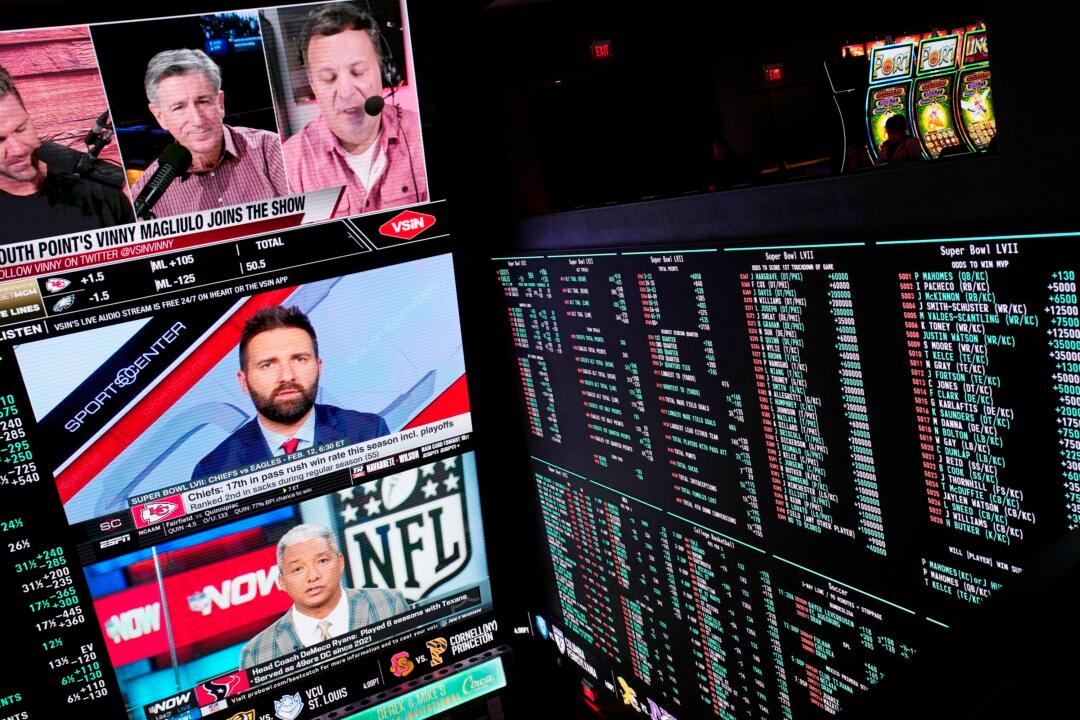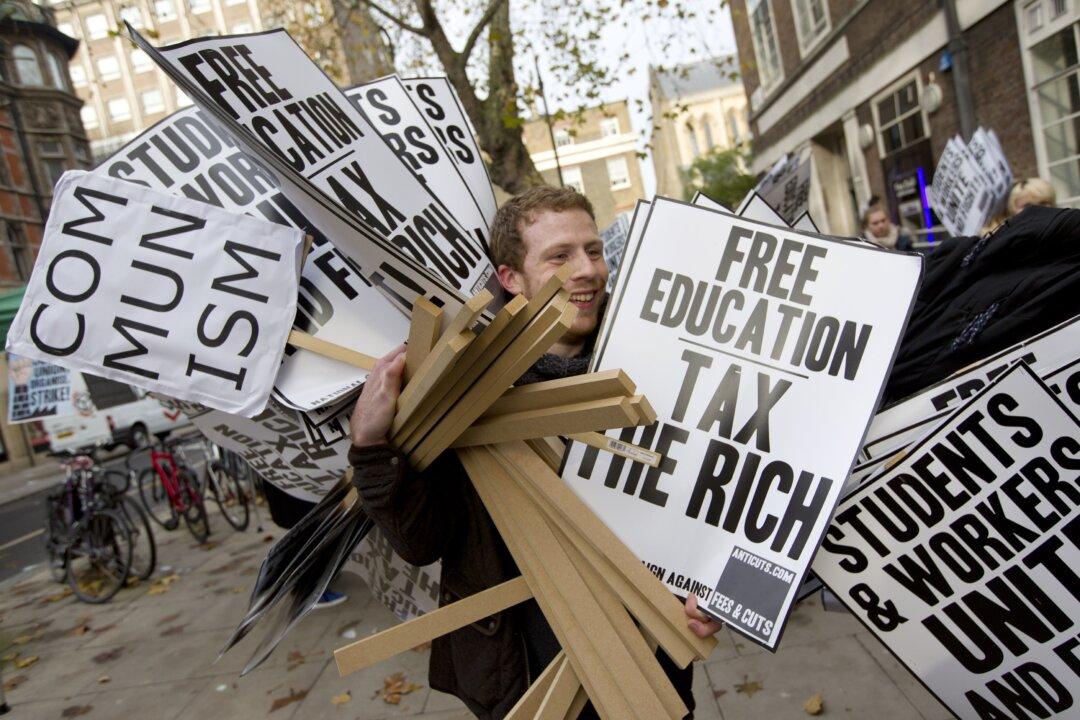Commentary
Over the past two years, the National Football League (NFL) has suspended 10 players for gambling. Seven players have been banned for full seasons for having bet on NFL games; three others received partial-season suspensions for gambling on sports events other than NFL games while on the premises of NFL team properties.





